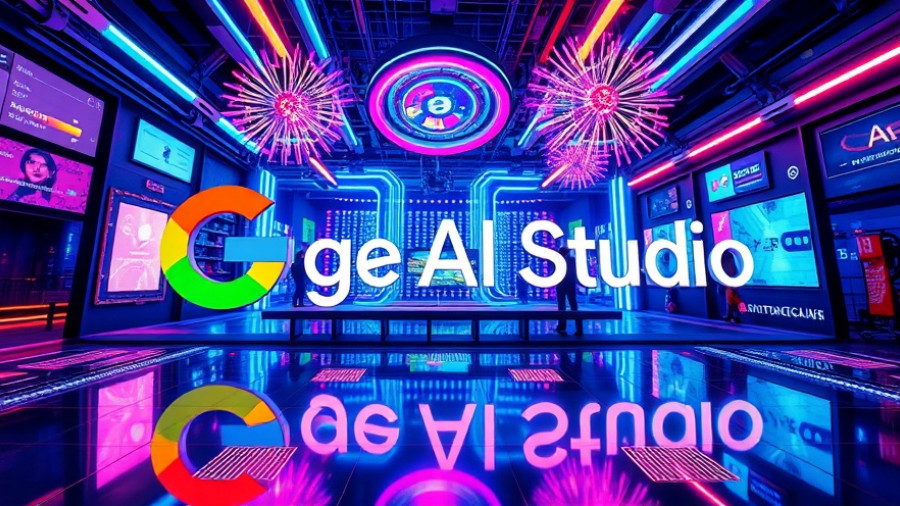
The Digital Evolution of SEO: Automation and AI's Role
In today's rapidly changing digital landscape, businesses must adapt to stay competitive. By 2025, search engine optimization (SEO) has undergone a significant transformation due to advancements in artificial intelligence (AI) and automation. No longer are traditional ranking strategies sufficient; the future points to Generative Engine Optimization (GEO) and Answer Engine Optimization (AEO). These strategies emphasize structuring content for AI agents, enabling them to parse, understand, and cite the information directly, thus shifting the focus from user search behavior to how AI interprets and delivers data.
Why Automate SEO?
SEO automation with AI is not just a trend; it is a necessity for brands looking to enhance efficiency and maximize their online visibility. By leveraging AI-powered tools, businesses can automate numerous tedious and time-consuming tasks, such as keyword research, content creation, and on-page optimization. The ability to audit SEO performance in real-time also allows marketers to make data-backed decisions swiftly.
Core SEO Processes to Automate
Some core processes that can benefit from SEO automation include:
- Keyword Research: AI tools can analyze vast amounts of data to identify high-opportunity keywords, saving marketers time and effort.
- Content Creation: Generative AI can produce optimized content based on identified trends and keywords, helping brands keep up with the demand for new material.
- Performance Audits: Automated auditing tools can provide ongoing assessments of SEO performance, highlighting areas needing improvement actively.
The Top AI SEO Automation Tools of 2025
As the demand for AI-driven SEO increases, several tools have emerged to facilitate automation in 2025:
- SEMrush: A comprehensive tool with features for keyword research, site audits, and competitor analysis.
- SurferSEO: Provides content optimization recommendations based on data-driven insights to improve search rankings.
- MarketMuse: Utilizes AI to assist in content strategy development by analyzing topics and suggesting improvements.
- Ahrefs: Known for in-depth competitive analysis and backlink checking, now offers enhanced AI features for keyword-related tasks.
Implementing AI SEO Automation: A Step-by-Step Guide
For businesses eager to embed AI into their SEO strategy, follow these steps:
- Assess Your Needs: Identify the SEO tasks that consume most of your time and are ripe for automation.
- Select Appropriate Tools: Choose the right AI tools that fit your budget and address your specific needs.
- Integrate Tools Into Your Process: Develop workflows that allow seamless integration of AI tools with your current systems.
- Measure ROI: Regularly monitor the performance of automated processes against traditional strategies to evaluate their effectiveness.
Common Pitfalls in SEO Automation
As with any technology implementation, pitfalls abound. Some common challenges include:
- Over-reliance on Automation: While automation enhances efficiency, human oversight is crucial for quality control and maintaining E-E-A-T (Experience, Expertise, Authoritativeness, and Trustworthiness).
- Ignoring Changing Trends: SEO is continuously evolving, and an outdated understanding of AI capabilities can hinder success.
Emerging Trends: The Future of SEO
As AI continues to evolve, so will its role in SEO. Trends such as AEO and GEO indicate a broader focus on AI because users increasingly demand direct answers rather than lists of links. Marketers must stay alert to these developments, ensuring content is tailored appropriately for AI processing.
Finishing Thoughts: Embracing the Future
The integration of AI into SEO is no longer optional; it’s essential for driving visibility in an increasingly AI-centric landscape. As professionals in the digital marketing sphere, the time has come to embrace these tools to automate tasks, enhance strategies, and ultimately fuel success in your marketing efforts.
 Add Row
Add Row  Add
Add 




Write A Comment